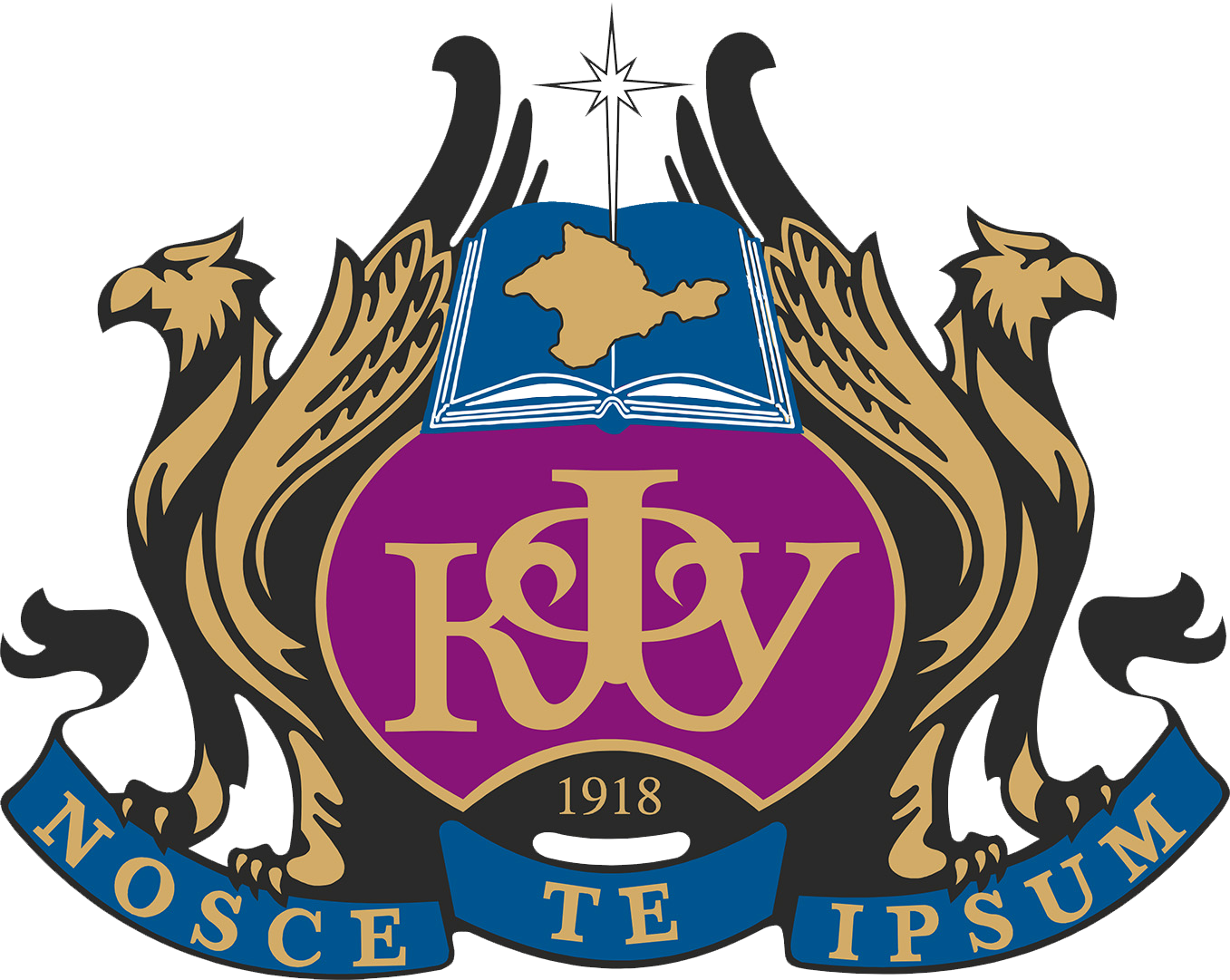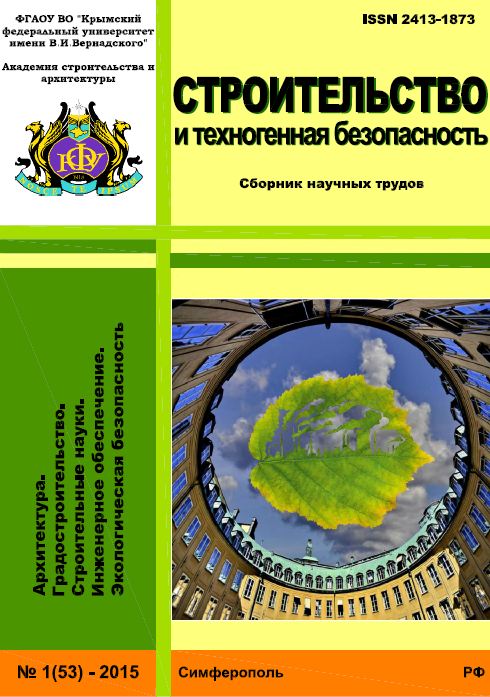Russian Federation
Russian Federation
Abstract. The relevance of the research is based to the need for effective implementation of digital technologies in the field of gas supply. The study of energy supply from natural gas was carried out in accordance with the functional patterns of technological processes and gas consumption factors in conjunction with the directions of digital transformation. Subject: The main aim of the research to define and propose criteria for digital transformation, based on features of the gas supply industry for the gradual progressive development of the regional economy. Materials and methods: The functional relationship with gas supply was determined based on the analysis and generalization of the main directions and criteria for the digital transformation. The method of comparing the results of digital transformation with a technological approach and with a relative assessment of investments was used. Results: Groups of indicators that are technologically interconnected in gas supply are presented as criteria for digital transformation. An additional function to expand the boundaries of evaluating the economic efficiency of digital technologies is to provide a mechanism for creating added value in Russia. The increasing capitalization through investments in digital technologies is not a factor in increasing efficiency without a reasonable practical effect. Conclusions: The implementation of digital transformation should not lead to an excessive increase in tariffs for gas supply to Russian regions, since energy supply is a necessary condition for the development of the economy.
Management, safety, functional and technological criteria, economic, gas fuel
1. Zhiznin S. Z., Timokhov V. M. Energy impact on sustainable development. Mirovaya ekonomika i mezhdunarodnye otnosheniya. 2017. vol. 61. No. 11, pp. 34–42. DOIhttps://doi.org/10.20542/0131-2227-2017-61-11-34-42. (In Russian).
2. Telegina E. A., Khalova G. O. World economy and energy at the turn: search for an alternative development model. Mirovaya ekonomika i mezhdunarodnye otnosheniya. 2020. Vol. 64. No. 3, pp. 5-11. DOIhttps://doi.org/10.20542/0131-2227-2020-64-3-5-11. (In Russian).
3. Kondratiev V. B., Popov V. V., Kedrova G.V. Global value chains transformation: three industries’ cases. Mirovaya ekonomika i mezhdunarodnye otnosheniya. 2020. Vol. 64. No. 3, pp. 68–79. DOIhttps://doi.org/10.20542/0131-2227-2020-64-3-68-79. (In Russian).
4. Antipina O. N. Platforms as multi-sided markets of the digital age. Mirovaya ekonomika i mezhdunarodnye otnosheniya. 2020. Vol. 64. No. 3, pp. 12–19. DOIhttps://doi.org/10.20542/0131-2227-2020-64-3-12-19. (In Russian).
5. Berner L. I., Ostroukh A. V., Khadeev A. S., Zeldin Y. M., Marchenko S. G. Intelligent control system for distributed technological objects of gas transportation. Promyshlennye ASU i kontrollery. 2021. No. 8, pp. 16–26. DOIhttps://doi.org/10.25791/asu.8.2021.1302. (In Russian).
6. Petrov A. M., Popov A. N. Analysis of existing solutions for improving the measuring and computing complexes of heat supply networks. Construction and Geotechnics. 2021. Vol. 12. No. 1, pp. 18–29. DOIhttps://doi.org/10.15593/2224-9826/2021.1.02. (In Russian).
7. Lvovich I. Y., Preobrazhenskiy A. P., Choporov O. N. Modelling and optimizing engineering network systems. IOP Conference Series: Materials Science and Engineering, Chelyabinsk, 2019, P. 044026. DOhttps://doi.org/10.1088/1757-899X/687/4/044026
8. Tabunshchikov Yu. A., Koptev D. V., Zhila V. A., Klochko A. K., Solovyova E. B. The choice of effective gas distribution systems. Vestnik MGSU. 2011. No. 8, pp. 222-229. (In Russian).
9. Borovsky B.I., Ivannikov Yu. A. The connection of costs for the construction of a distribution gas network with the characteristics of the network. Stroitel'stvo i tekhnogennaya bezopasnost'. 2016. No. 2(54), pp. 35-40. (In Russian).
10. Nicolae A. Korodi A., Silea I. An overview of industry 4.0 development directions in the industrial internet of things context. Romanian Journal of Information Science and Technology. 2019. Vol. 22. No 3–4, P. 183-201.
11. Sarnatsky E. V. On the new energy ideology in the spatial development of territories: innovative improvement of the fuel and energy sector in urban-ecological territorial development. Academia. Arhitektura i stroitel'stvo. 2019. No. 2, pp. 60–67. DOIhttps://doi.org/10.22337/2077-9038-2019-2-60-67. (In Russian).
12. Stennikov V., Senderov S., Saneev B., Novitsky N., Osak A. B. Energy Systems as Objectsof Hierarchical Modeling. Energy Systems Research. 2019. Vol. 2. No 4(8), pp. 6–16. DOIhttps://doi.org/10.25729/esr.2019.04.0001.
13. Davydenko L. V., Davydenko N. V., Davydenko V. A., Sprake D. Monitoring of Energy Efficiency of District Heating System Facilities: Methodology for Determining the Energy Baseline. Problemy regional'noj energetiki. 2022. No. 1(53), pp. 68–83. DOIhttps://doi.org/10.52254/1857-0070.2022.1-53.06. (In Russian).





